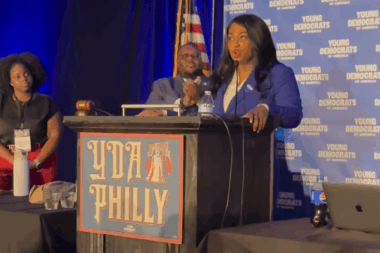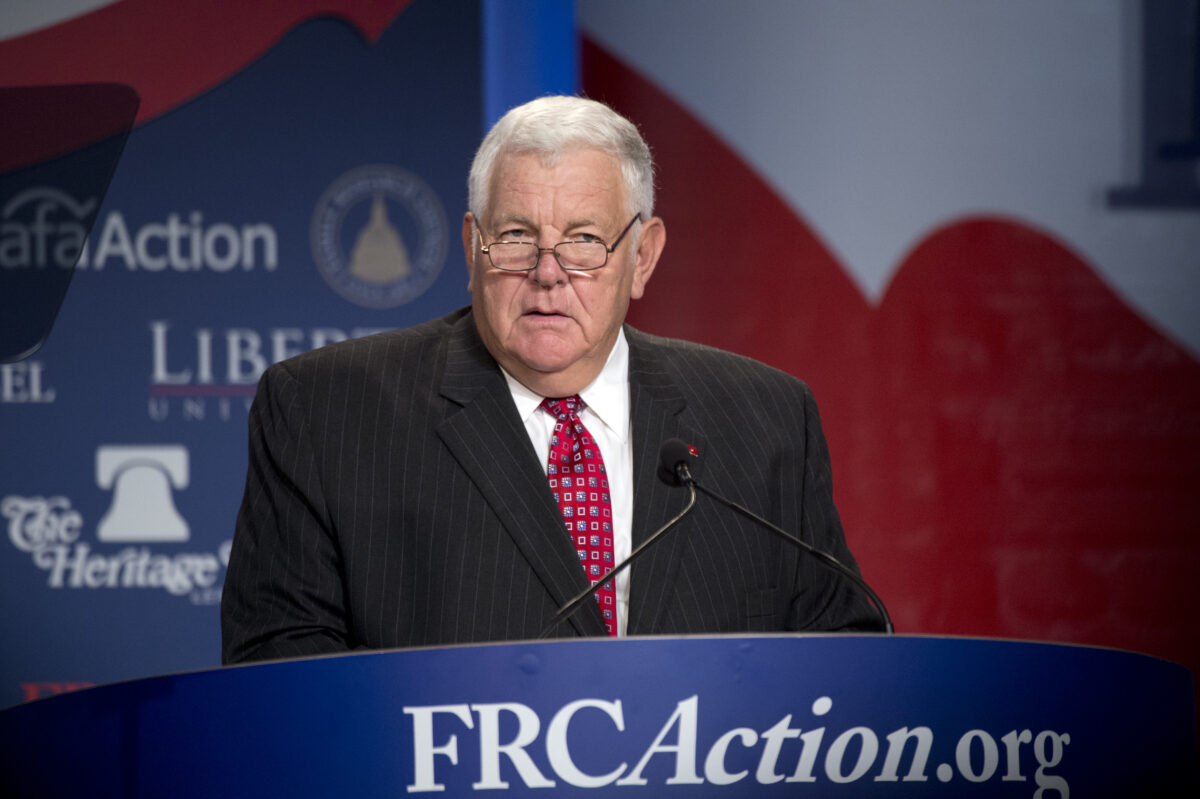Bill Bennett Qatar lobbyist registration is now official, and the news is making waves across political and media landscapes. The former U.S. Secretary of Education and popular conservative commentator has surprised many with his latest move signing up as a foreign agent for the State of Qatar. While some view this as a strategic and diplomatic decision, others see it as a shift from his long-standing conservative ideals.
In this report, we break down the major reasons why this decision has sparked widespread attention and concern in Washington, media outlets, and among the American public.
A Conservative Voice Now Supporting a Gulf Nation
For decades, Bill Bennett has been known for his strong conservative stance, focusing on American values, patriotism, and national security. His decision to act on behalf of Qatar, a Middle Eastern nation with a complex international reputation, has raised questions.
The Bill Bennett Qatar lobbyist development challenges the traditional image many held of him. Conservatives have often criticised Qatar for its ties with groups like the Muslim Brotherhood and for hosting controversial news networks such as Al Jazeera. Bennett aligning with the nation seems at odds with his public positions.

Registration Under the Foreign Agents Registration Act (FARA)
Bill Bennett officially registered under the Foreign Agents Registration Act (FARA) to lobby on behalf of the Qatari government. This move is legal but significant, as FARA registrations are closely watched in U.S. political circles.
His registration reveals he will be engaging in media commentary and offering strategic advice to promote Qatar’s interests in the U.S. Given his media influence, his role could have considerable impact on public opinion and policy shaping. This has added a layer of seriousness to the Bill Bennett Qatar lobbyist debate.
Previous Criticism of Middle Eastern Influence
This move also contradicts Bennett’s earlier rhetoric. He has historically criticized foreign interference, particularly from the Middle East. He often warned of governments using media and lobbying tools to influence American society and policy.
Now, as the Bill Bennett Qatar lobbyist saga unfolds, critics are highlighting his apparent reversal. Many political analysts and former allies question what changed his position and whether financial or strategic motives were involved.
Strategic Use of Media Influence
Bill Bennett is not only a former government official but also a longtime media figure. With regular appearances on conservative networks and his own national radio shows, Bennett has the power to shape narratives and public discourse.
His registration documents under FARA indicate that he may leverage his media presence to advocate for Qatar’s interests. The idea of a known conservative figure using his platform to promote a foreign agenda has unsettled many in the conservative community. The Bill Bennett Qatar lobbyist conversation is becoming a key talking point among political watchdogs and media analysts.
Growing Trend of Former Officials Turning Lobbyists
The transition from public service to lobbying is not new, but it’s increasingly criticized. Bill Bennett’s case adds to a growing list of former U.S. officials who’ve registered to work for foreign governments.
Critics argue this trend dilutes public trust and turns diplomatic influence into a commodity. The Bill Bennett Qatar lobbyist decision fits into this narrative, prompting discussions on reforming lobbying laws and tightening restrictions on post-government careers.

What This Means for U.S.–Qatar Relations
Bennett’s involvement comes at a time when the U.S. and Qatar are navigating sensitive issues. From military cooperation to diplomatic initiatives in the Middle East, Qatar remains a strategic ally but also a source of scrutiny.
By becoming a Bill Bennett Qatar lobbyist, he might aim to soften Qatar’s image in the U.S., especially among conservatives. This could influence congressional stances, media framing, and public perception. Analysts believe Bennett’s conservative reputation will serve as a bridge for Qatar to engage more effectively with right-leaning U.S. audiences.
Public and Political Backlash
Since the news broke, there has been significant backlash. Social media users, political groups, and watchdog organizations have questioned Bennett’s motives. Has he betrayed conservative ideals? Is he now just another media figure using his influence for foreign interests?
The Bill Bennett Qatar lobbyist backlash reflects growing concerns about transparency and integrity in U.S. lobbying practices. Some conservative commentators have gone as far as to call this “a disappointing fall from grace” for a once-revered voice of American values.
Qatar’s Ongoing Lobbying Campaign in the U.S.
Qatar has long invested in lobbying efforts within the United States. From funding think tanks to securing favorable media coverage, the Gulf nation aims to present itself as a modern, cooperative ally in a volatile region.
The hiring of someone like Bill Bennett could be part of a larger strategy to win over U.S. conservatives who have been skeptical of Qatar’s role in regional politics. By enlisting respected conservative voices, Qatar seeks legitimacy and acceptance among various factions of American policy circles.
This new Bill Bennett Qatar lobbyist connection is part of a broader and well-funded foreign policy tactic.
What Supporters and Critics Are Saying
Supporters argue that Bennett’s experience and diplomatic insights could help improve dialogue between the U.S. and Qatar. They believe that engaging with Middle Eastern allies through trusted voices could open new doors for cooperation.
Critics, however, are less optimistic. Many believe that this is a clear case of political influence being sold. They question whether such lobbying is in the national interest and whether it compromises Bennett’s credibility.
The Bill Bennett Qatar lobbyist debate is unlikely to fade anytime soon, as more public figures begin examining the ethical lines between diplomacy, advocacy, and profit.
Is This the New Normal in U.S. Politics?
As American politics continues to intertwine with international influence, stories like the Bill Bennett Qatar lobbyist case will only become more common. With shifting alliances, economic interests, and media strategies, the line between commentator and agent becomes blurrier.
This incident is a wake-up call to review existing laws, ethical boundaries, and the growing presence of foreign-funded narratives in U.S. media.
Conclusion: A Shocking Move That Raises Many Questions
The registration of Bill Bennett as a Qatar lobbyist has turned heads for good reason. It reflects deeper issues within political influence, foreign lobbying, and the changing roles of public figures in diplomacy. Whether viewed as a betrayal or a strategic partnership, it’s clear this development has reshaped perceptions of Bill Bennett in American politics.
As investigations and discussions continue, this case may also influence how other media figures and former officials approach post-service careers especially those involving foreign interests.
Do follow Gulf Magazine on Instagram
Also Read – Qatar Fund for Development Signs 7 Powerful Global Deals



